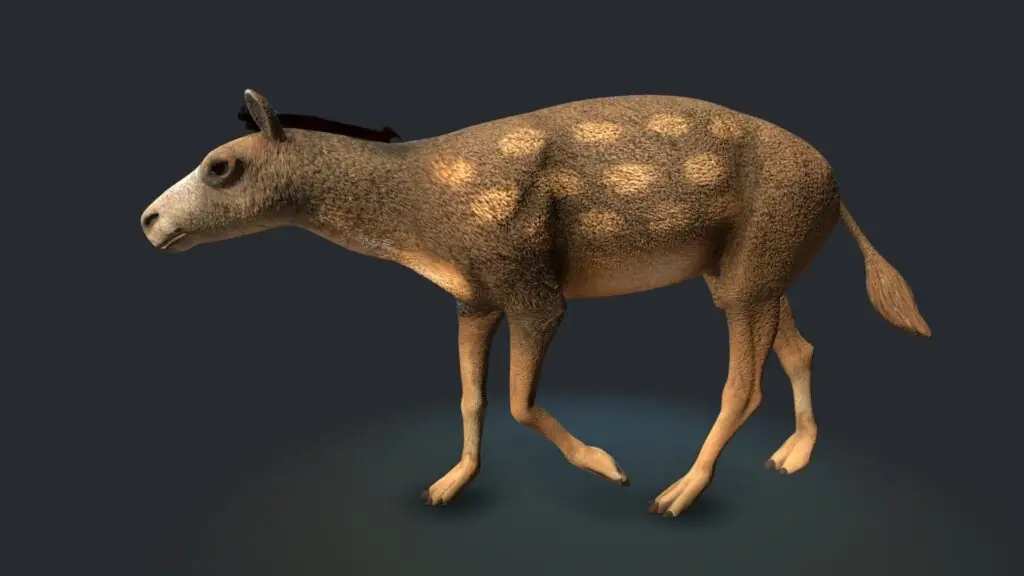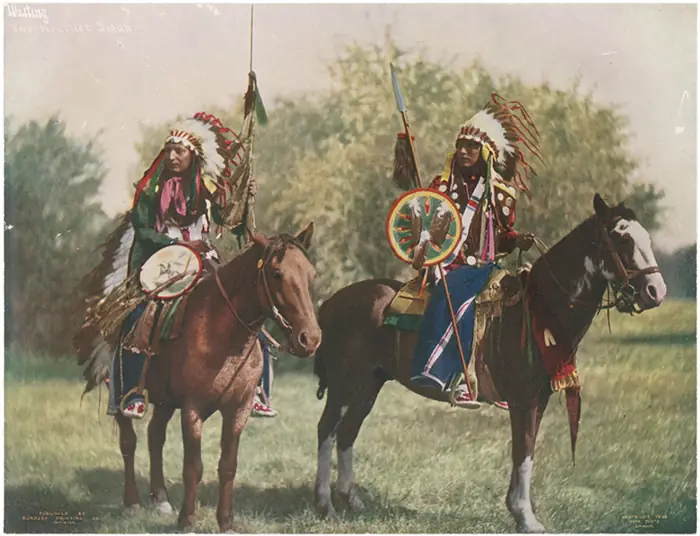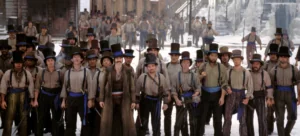The question of whether horses are native to America is more than just a curiosity—it’s a puzzle that can help us understand the continent’s history. Horses have played a big role in shaping societies, especially among Native Americans. This article will look at the evidence about when horses first arrived in America, how they disappeared, and how they came back, giving us a clearer picture of their journey.

✅ AI Essay Writer ✅ AI Detector ✅ Plagchecker ✅ Paraphraser
✅ Summarizer ✅ Citation Generator
Early History of Horses in North America
The early history of horses in America is a fascinating journey through time, marked by their evolution and eventual disappearance. Fossils and archaeological findings provide compelling evidence that horses originated in North America around 50 million years ago. These ancient ancestors, known as Eohippus, were small, forest-dwelling creatures that gradually evolved into the larger, grassland-adapted species we recognize today. As they spread across the continent, horses became an integral part of the prehistoric ecosystem.

However, the end of the last Ice Age brought about significant environmental changes, leading to the extinction of many large mammals, including horses, in North America around 10,000 years ago. This left a void in the continent’s fauna until the arrival of Europeans thousands of years later, who reintroduced horses to the land. The evidence from early horse fossils not only sheds light on the natural history of these majestic animals but also raises intriguing questions about their interactions with early human inhabitants and their role in the continent’s ecological balance.
Extinction and Reintroduction of the Species
The tale of horses in America took a dramatic turn during the Pleistocene epoch, a period marked by significant climatic upheavals and the arrival of human beings. This era witnessed the extinction of numerous megafauna, including the horse, which had thrived on the continent for millions of years. The reasons for their disappearance are multifaceted and can be summarized in a table:
| Reason for Extinction | Explanation |
|---|---|
| 🌦 Climate Change | The end of the Ice Age brought about drastic changes in habitat and vegetation, reducing the horses’ food sources. |
| 🏃 Human Hunting | The arrival of early humans in North America may have led to overhunting of horses for food and other resources. |
| 🦠 Disease | The introduction of new diseases by humans or other animals could have contributed to the decline in horse populations. |
| 🥊 Competition with Other Species | The arrival of humans and other species might have led to competition for resources, further stressing horse populations. |
Despite this extinction, horses made a triumphant return to America with the arrival of European explorers and settlers in the 15th and 16th centuries. These reintroduced horses quickly became integral to the cultures and economies of various Native American tribes, reshaping the social and environmental landscape of the continent once again.
The Impact of Horses on Native American Cultures
The reintroduction of horses by European settlers in the 15th and 16th centuries had a profound impact on Native American cultures, reshaping their societies in ways that still resonate today. Prior to the arrival of horses, most Native American tribes were predominantly pedestrian, relying on foot travel for hunting, trade, and warfare. The introduction of horses revolutionized their way of life, enhancing mobility and enabling tribes to cover vast distances with greater speed and efficiency. This newfound mobility facilitated the expansion of trade networks, allowing tribes to exchange goods, ideas, and cultural practices over larger areas.

Moreover, horses transformed the dynamics of warfare among Native American tribes. Mounted warriors gained a significant advantage in battle, leading to shifts in power and territorial boundaries. The horse also became a symbol of wealth and prestige, with tribes breeding and trading horses as valuable commodities. The integration of horses into Native American societies was not just a practical adaptation; it was a cultural revolution that influenced social structures, spiritual beliefs, and artistic expressions. The legacy of this transformation is still evident in the enduring bond between horses and Native American cultures, a testament to the profound impact of these majestic animals on the history and identity of indigenous peoples in America.
Conclusion
To sum up, the history of horses in America is a fascinating story that shows how animals and humans have shaped each other’s lives. While it seems that horses were originally native to the continent, their extinction and later reintroduction by Europeans make it a bit complicated to call them native today. Their return had a huge impact on Native American cultures and the development of the continent. Looking into the past of horses in America helps us understand the deep connections between people, animals, and the land.
FAQ
Follow us on Reddit for more insights and updates.





Comments (0)
Welcome to A*Help comments!
We’re all about debate and discussion at A*Help.
We value the diverse opinions of users, so you may find points of view that you don’t agree with. And that’s cool. However, there are certain things we’re not OK with: attempts to manipulate our data in any way, for example, or the posting of discriminative, offensive, hateful, or disparaging material.